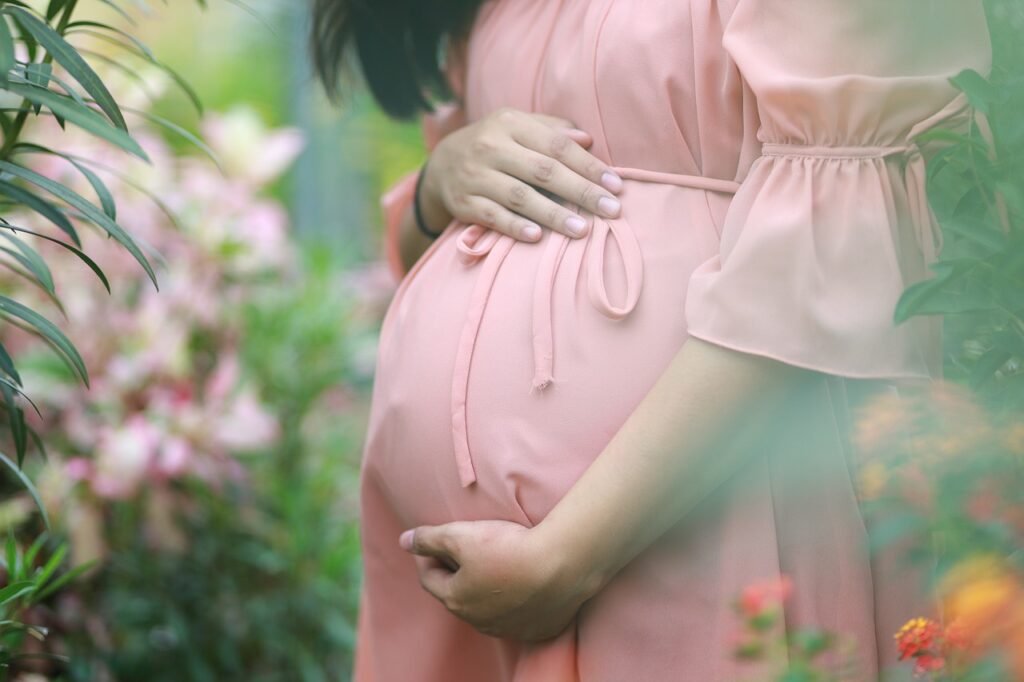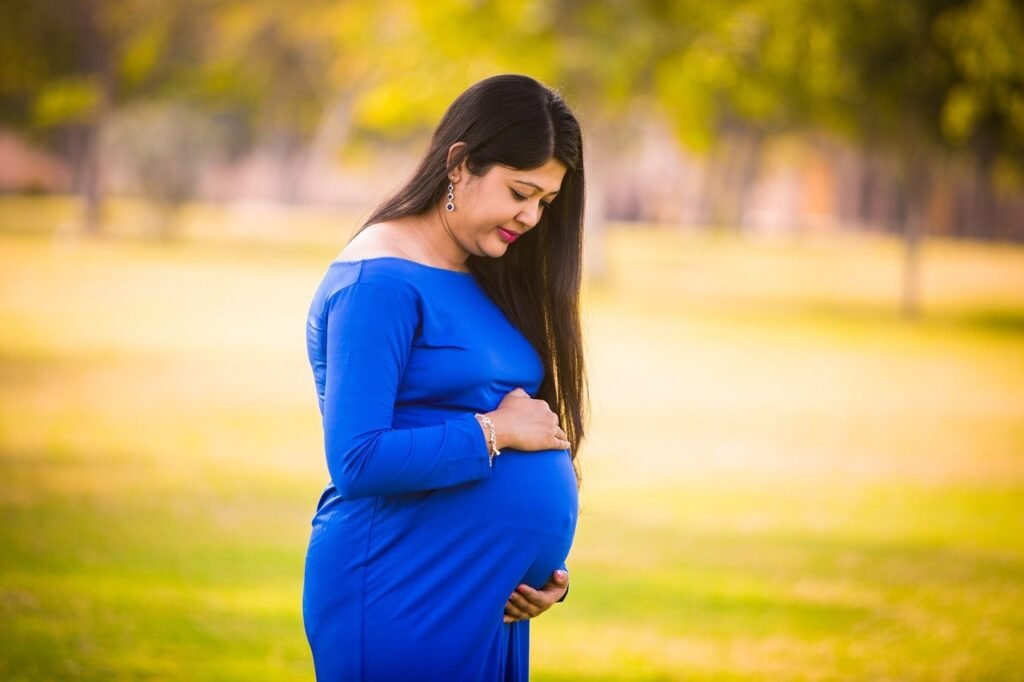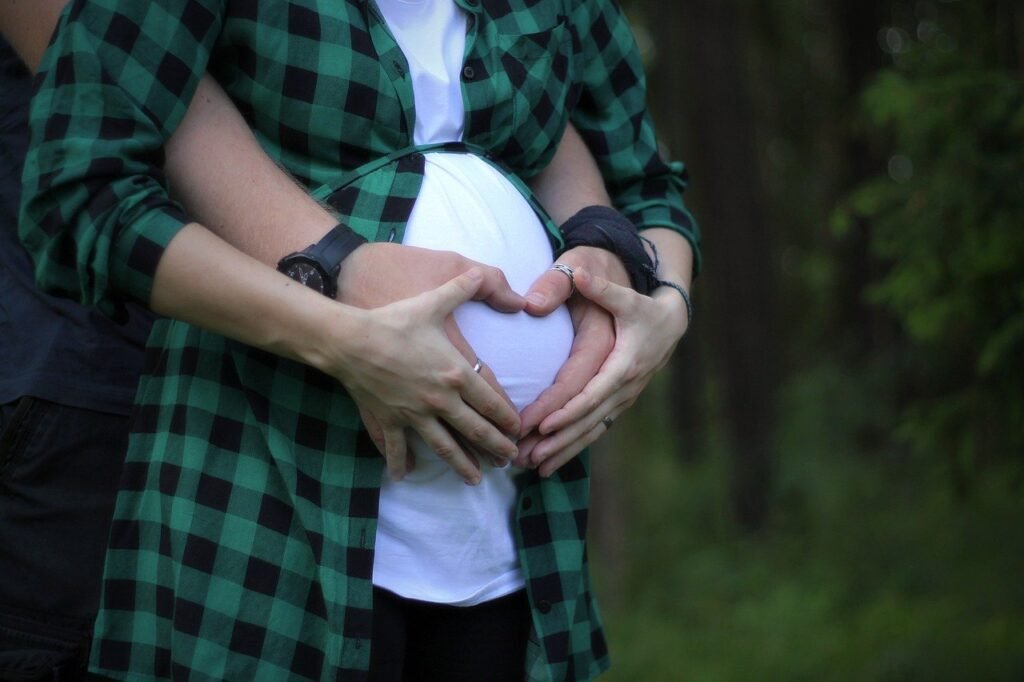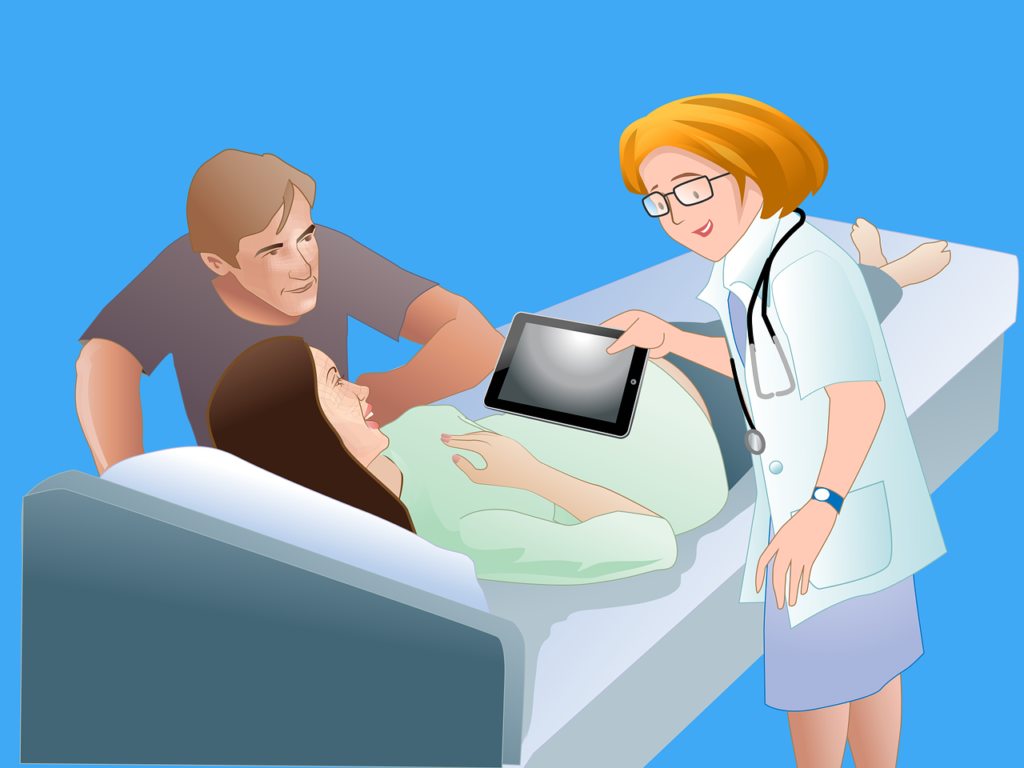Preeclampsia is a serious condition that can develop during pregnancy. It is characterized by high blood pressure and protein in the urine. If left untreated, preeclampsia can lead to serious complications for both the mother and the baby.

What is preeclampsia?
Preeclampsia is a condition that can develop during pregnancy. It is characterized by high blood pressure and protein in the urine. Preeclampsia usually develops after 20 weeks of pregnancy, but it can occur earlier.
What are the symptoms of preeclampsia?
The symptoms of preeclampsia can vary from woman to woman. Some women may not have any symptoms, while others may experience severe symptoms. The most common symptoms of preeclampsia include:
High blood pressure
Protein in the urine
Swelling of the hands, feet, face, or abdomen
Blurred vision
Severe headache
Shortness of breath
Pain in the upper right part of the abdomen
Severe nausea and vomiting
If you experience any of these symptoms, it is important to see your doctor right away.

What causes preeclampsia?
The exact cause of preeclampsia is unknown, but it is thought to be caused by a problem with the placenta. The placenta is an organ that develops in the uterus during pregnancy and provides oxygen and nutrients to the baby.
Some factors that may increase the risk of developing preeclampsia include:

First pregnancy
Family history of preeclampsia
Obesity
Diabetes
Kidney disease
Autoimmune disorders
Chronic hypertension
Age (under 20 or over 35)
Multiple gestation
Assisted reproductive technology (ART)
How is preeclampsia treated?
There is no cure for preeclampsia, but it can be managed with medication and bed rest. In some cases, a cesarean section may be necessary to deliver the baby early.
The goal of treatment is to lower your blood pressure and prevent seizures. Medications that may be used to treat preeclampsia include:
Antihypertensives to lower blood pressure
Magnesium sulfate to prevent seizures
If you have preeclampsia, you will need to stay close to your healthcare team so that they can monitor your condition and provide you with the best possible care.

What are the risks of preeclampsia?
If left untreated, preeclampsia can lead to serious complications for both the mother and the baby. These complications can include:
Placental abruption, which is when the placenta separates from the wall of the uterus before delivery
Preterm birth
Fetal growth restriction
Stillbirth
Stroke
Kidney failure
Liver failure
Seizures
Coma
Death
How can I prevent preeclampsia?

There is no sure way to prevent preeclampsia, but there are some things you can do to reduce your risk, such as:
Maintaining a healthy weight before and during pregnancy
Eating a healthy diet
Getting regular exercise
Managing any chronic health conditions you may have
Seeing your doctor for regular prenatal care
What should I do if I think I have preeclampsia?
If you think you have preeclampsia, it is important to see your doctor right away. Your doctor will do a physical exam and check your blood pressure and urine. They may also order other tests, such as blood tests and urine tests.
If your doctor diagnoses you with preeclampsia, they will work with you to manage your condition and provide you with the best possible care.
